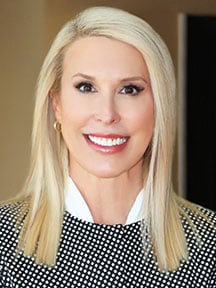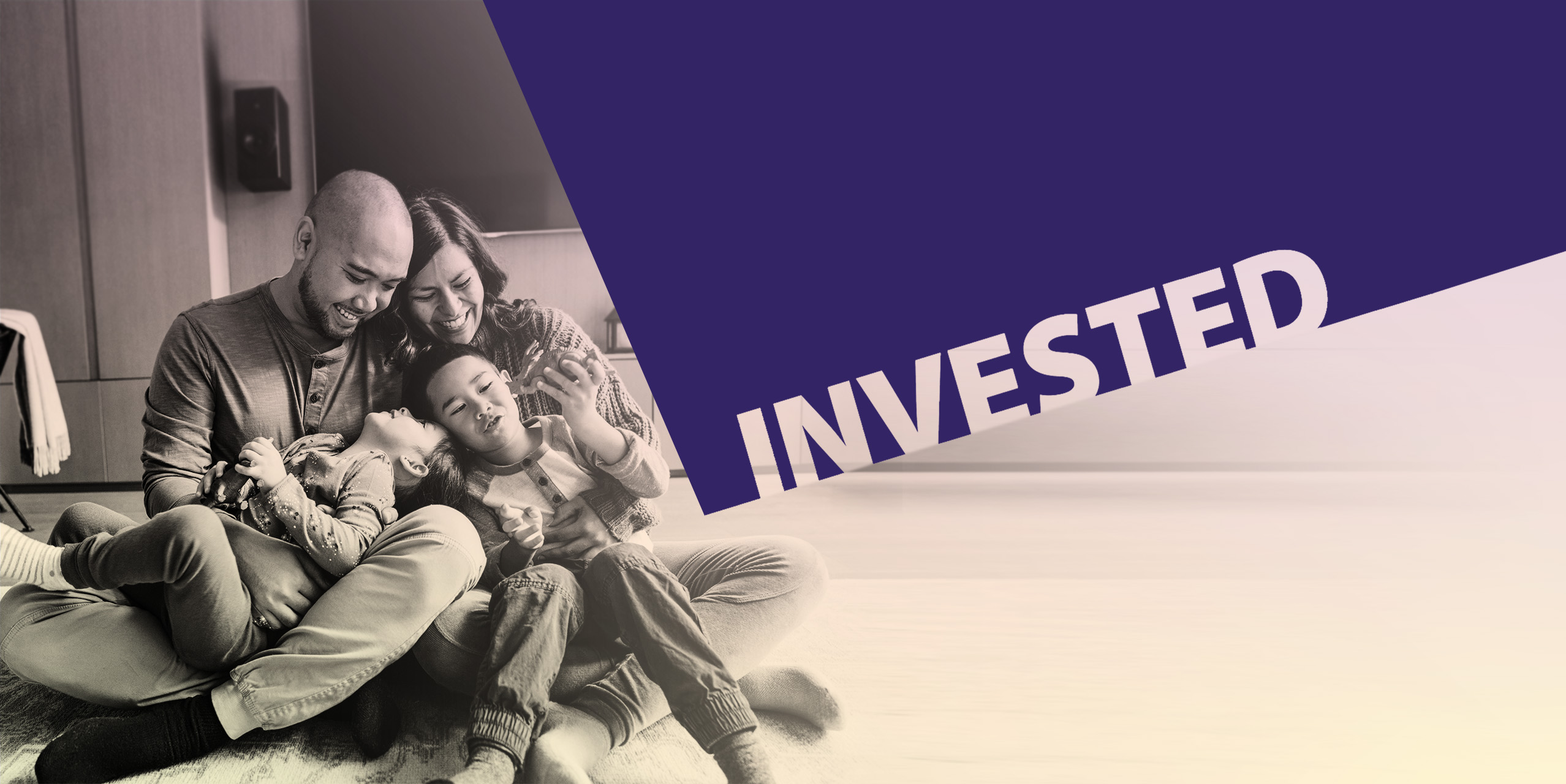
The Hidden Factor That Can Derail Your Legacy
 Melanie Schmieding, Director of Baird Family Wealth
Melanie Schmieding, Director of Baird Family Wealth
Wealthy families often take every precaution in preserving their legacies for future generations, with carefully constructed estate plans, wills and trusts. But they often overlook something that can undermine all these plans, and it isn’t investment returns or poor estate planning: It’s family dynamics. Studies have shown that the main reasons wealth fails to transition successfully across generations have little to do with making sound financial decisions – and much more to do with how the family interacts with each other.
The Factors That Can Ruin Your Plans
It’s well known that 70% of high-net-worth families will lose their wealth by the end of the third generation, a phenomenon known as “shirtsleeves to shirtsleeves in three generations” in the United States. What causes this? A 20-year study of over 2,500 global families who had gone through estate planning and generational wealth transfers revealed three factors accounting as the most significant reasons:
Breakdown in communication and trust: 60%
Not properly preparing heirs: 25%
Lack of shared purpose within a family: 10%
So 95% of the reasons why generational wealth transfers fail have nothing to do with finance. Instead, they pertain to people – the people we love the most - our families. Putting in the time and effort to make calculated wealth planning decisions is just not enough if your family loses its legacy due to breakdowns in the family itself.
How You Can Beat the Odds?
So, what can you be doing to successfully transition wealth and stay connected as a family? Best practices used by families around the globe to sustain and grow their wealth across generations include:
- Regular family meetings
- Adopting an owner’s mindset
- Creating the space for generative dialogue
- Don’t be afraid to overcommunicate
- Plan for three or more generations into the future
- Be open to and adapting new ideas
In short, families who exercise a high degree of intentionality and purposefulness regarding both the financial and the nonfinancial elements of their lives are more successful. Families who make great financial decisions while also considering how to preserve, grow and strengthen their relationships have proven to be more resilient over longer periods of time.
How Can You Develop Healthy Family Dynamics?
We like to define Family Dynamics as "the patterns and processes by which a family navigates change, growth, expectations and decisions surrounding their values, wealth, and goals.” This can encompass a series of questions that different generations of a family can discuss, questions you can start asking your family members right now.
Some of those questions might include:
- What is the impact wealth will have on my family?
- Am I enabling them to do more with their life or less with their life?
- Will my children/grandchildren become entitled with their inheritance?
- How do we unite our family around shared values and purpose?
- How should we communicate about money?
- Why can communication often be difficult with those I love the most?
- How can we make it easier?
- I have questions, but I feel [scared/worried/uncomfortable/fill in the blank].
- How can I ask without fear of [judgement/inference/retribution/fill in the blank]?
- How can we create an open, attractive, and engaging environment for family members?
- What needs to change to achieve this goal?
- As our family grows through marriages, births, adoptions, and other ways, how do we stay close?
- Should we be including spouses of our children and grandchildren in these discussions?
- How do we educate and onboard future generations?
- Who will play what role in the family business/philanthropy/wealth?
What’s next for your family? A robust estate plan incorporates all the elements, making sure your family understands everything that will be expected of them, both financial and non-financial. For guidance in how to account for each of these elements in your plan, connect with your Baird Financial Advisor.
The information offered is provided to you for informational purposes only. Robert W. Baird & Co. Incorporated is not a legal or tax services provider and you are strongly encouraged to seek the advice of the appropriate professional advisors before taking any action. The information reflected on this page are Baird expert opinions today and are subject to change. The information provided here has not taken into consideration the investment goals or needs of any specific investor and investors should not make any investment decisions based solely on this information. Past performance is not a guarantee of future results. All investments have some level of risk, and investors have different time horizons, goals and risk tolerances, so speak to your Baird Financial Advisor before taking action.


